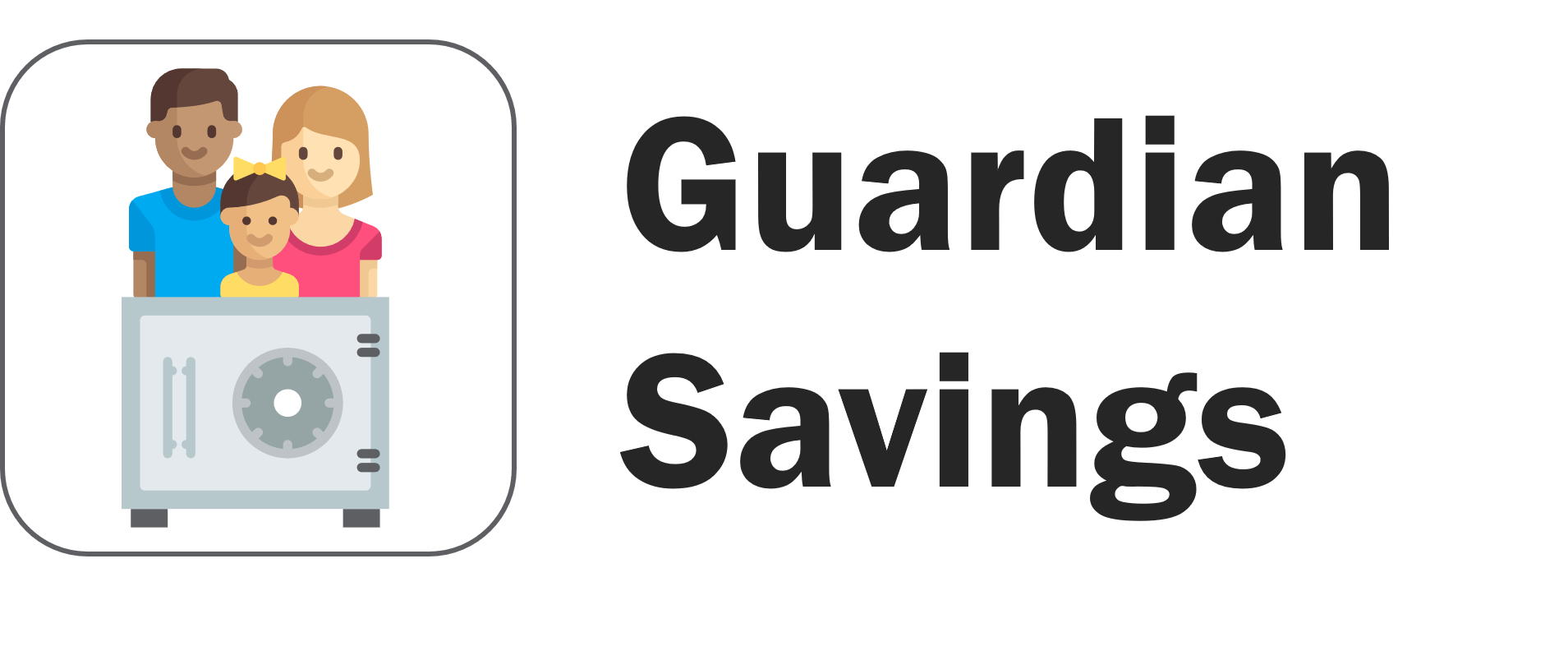The 8th Wonder of the World
Albert Einstein is the name that a lot of people think of when asked to name a ‘genius’. He’s most well known for his theories in relative physics, however, he also had wisdom for personal finance. Einstein famously said, “Compound interest is the eighth wonder of the world. Those who understand it, earn it; Those who don’t, pay it”. The concept of compounding interest is the backbone of building wealth, and it is therefore important to understand and teach it to your children.
It’s not the pyramids, but compound interest that Einstein considered to be the 8th wonder of the world
Basic definitions
Interest is a strange concept but rooted in a core finance principal called the time value of money. The basis is that most people would prefer to be paid today rather than tomorrow; that money received in the future is worth less than money received now. As a result, loans are issued with the expectation that the full value is repaid plus a little more in return to account for the lost value associated with time. Conversely, when you have savings, you can use them to create value by loaning it out to a bank or investing in a business. Interest is essentially rent paid for using money.
Compound interest is interest paid on interest. Say for example, you have a $100.00 investment that makes 10% every year. At the end of the first year you will earn $10.00 in interest (10% of $100.00). The second year you will earn slightly more: $11.00 in interest (10% of $110.00). The third year your earning will increase again to $12.10. You continue to make more money in interest every year because you are earning interest on your earnings from the previous year. Incredible right?
Your money can double every seven years
If you earn 10% on your money you are actually expected to double your wealth every 7.2 years. Yeah, you read that right - DOUBLE! Compounding interest can be the engine for immense wealth creation. Sadly, it can also be what traps many people in poverty. There are instances where people miscalculate debt and end up paying thousands of dollars in interest for a purchase that was originally only a few hundred dollars. Avoid these pitfalls and use compounding interest to your advantage.
Save enough and you no longer need to work
FIRE: Financial Independence, Retire Early is a burgeoning movement of people who understand how compounding interest works and plan to use it to retire early. The basis for FIRE is that compounding interest on savings can eventually equal or exceed your expenses. For example, if a person believes they can live on 40K per year and make a 10% return on their investments, they will be able to FIRE as soon as they reach 400K in savings. The core assumptions may be weak: what if something happens and costs exceed 40K? What if the market returns less than expected? Though the assumptions can be challenged, the compound interest math checks out and is the basis for financial planning.
Saving early is critical
The main takeaway from compound interest is that you should start responsibly investing your money as early as possible to build long-term wealth. We’ll illustrate this with an example. Take two individuals:
a) Person A starts saving $100 a month at 20.
b) Person B starts saving $200 a month at 30.
By the time these two individuals are 55, Person A will have invested 42K while Person B will have invested 60K, 18K more than Person A. However, when you examine the total wealth accumulated, you’ll see that Person A reaps over 100K more than Person B. How so? Compound interest. Person A has ten years to build an interest earning machine and is already earning $174 a month in interest when Person B starts at 30.
Unfortunately, as the founders of Guardian Savings saw first-hand, many people in their 20s spend their hard-earned money at expensive night clubs, restaurants, and other luxuries, rather than saving and investing for the long-term.
Guardian savings teaches compounding interest practically
Unlike a piggy bank or a traditional bank account, Guardian Savings is designed to emphasize interest children can make. One of our core features lets Parents set an interest rate of whatever they want – it can be 10, 15, or even 20%, which is much more noticeable than the measly 1% you can expect from a traditional bank (if you’re lucky). A high interest rate enables your children to experience first-hand the “8th wonder of the world” as their savings earn them interest over interest. Our analytics emphasize how much interest is made (or is lost to a “want” purchase). Exposing your children to the effects of interest early is critical for shaping their mind to think about their finances from the long-term.
Conclusion
Don’t believe our word when we say learning compounding interest is important – take Einstein’s. Be conscious of your spending now as what you save now can double, triple or quadruple, depending on how old you are! You should also be wary of what interest you are getting from your banking institution as interest rates for savings accounts can vary greatly. Similarly, investigate what percentage your investment adviser charges, as their fees can eat into compound earnings from your investments!


